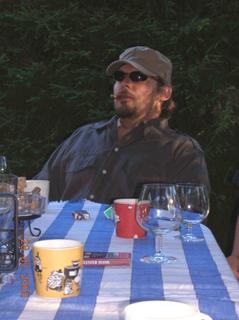Public Sociology
In scratching the tenets of public sociology Michael Burawoy states, in his article The Critical Turn to Public Sociology (Critical Sociology 31 No 3), that public sociology’s “object and value are civil society and its resilience” (318). But civil society is an endangered species as “the national state becomes more socially irresponsible, as it becomes less concerned with its public mission and more with the private interest”, and “the welfare, caring, education, security burden is downloaded onto the locality” (321).
In this situation public sociologists need to stand with the people in their moral combat to reclaim the state, and make it “responsive to civil society, facilitating, promoting and protecting the conditions of participatory democracy” (325), welfare, and human society for all. Sociologist need to remember their disciplines ‘moral moment’ that was about to smother into paraded scientific professionalism.
Burawoy notes that the possibilities for public, engaged sociology varies by state. In the present US where government makes its utmost in escaping its duties in guaranteeing minimum welfare and universal medical benefits, protecting civil rights, or reducing racial segregation, public sociology can find its place in state rather than in federal level (321). In many third world countries sociology is public sociology almost by definition (319). In Scandinavia sociology has historically had relatively strong influence in governmental policymaking (321). (However, this has happened at the expense of critical autonomy, and certain moral sentiment. At least in Finland part of sociologist have conceived of living in the armpit of the regulatory state acting as “state intellectuals”, and served political elite with certain amount of policy power in themselves.)
“Thus, the necessity for public sociology comes from the ‘scissors’ movement – the disciplinary field of sociology drifting leftward as broader politics and economics moves rightward.” (324)


